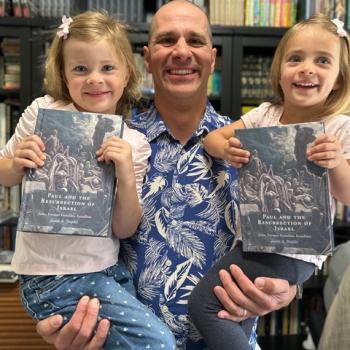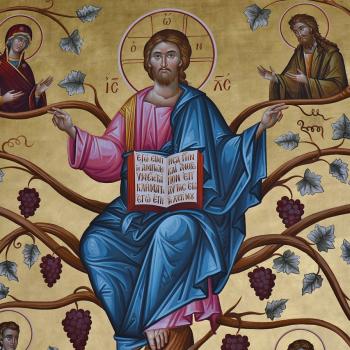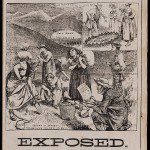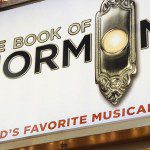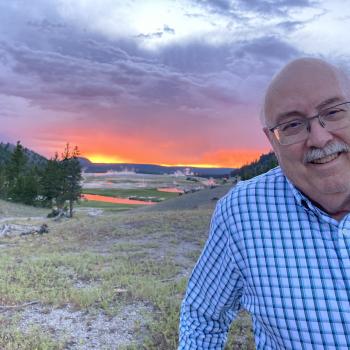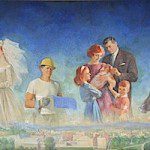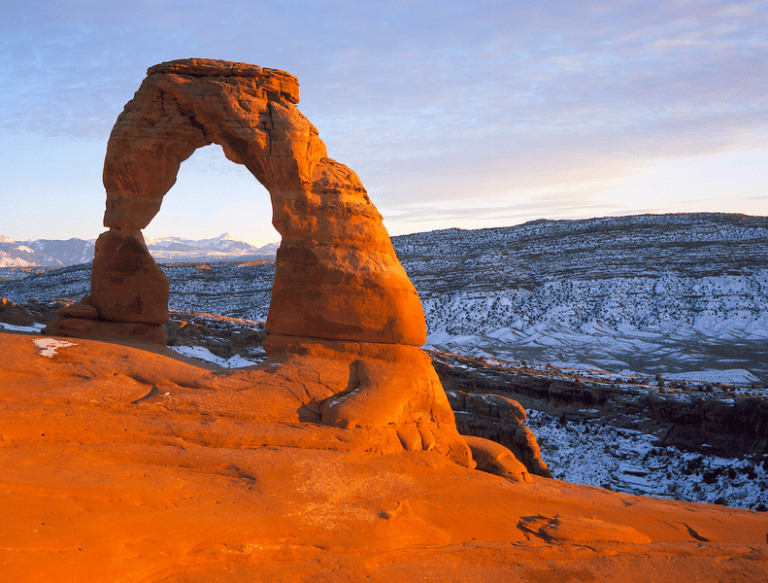
(Wikimedia Commons public domain photograph). I would be really pleased if Utah — which, fairly or not, is commonly taken to represent the membership of the Church of Jesus Christ of Latter-day Saints — were to play a leading role in showing how communities can resist the spread of COVID-19. Right now, though, we’re not doing especially well.
This ought to settle the matter:
Please keep in mind that, according to a fair number of perhaps not altogether friendly observers, we’re Morgbots — which is to say that we’re mind-numbed robots, thoughtless and ignorant and unreflecting automatons. When our leaders speak, the thinking has been done.
So, in the words of the mantra that (some claim) is repeated every week in our sacrament meetings and in our various church classes, just shut up and “Pray, Pay, and Obey!”
***
On a more upbeat and positive topic, I share a few passages from Thomas Howard, Chance or the Dance? A Critique of Modern Secularism (San Francisco: Ignatius Press):
Is it chance
or dance moves
the world?
Is the world
blind and dumb
or bloom, festal?
A vain jest,
or holy feast?
(Eugene Warren, “Christographia XIV,” cited on page 10)
Thomas Howard distinguishes between the dark old days of faith and our modern, enlightened time of unbelief. He sides with the bad old days:
The myth sovereign in the old age was that everything means everything. The myth sovereign in the new is that nothing means anything.
That is, to the darkened mind it did not mean nothing that the sun went down and night came and the moon and stars appeared and then dawn and the sun and morning again and another day, which would itself wax and then wane into twilight and dusk and night. (12)
Speaking of the primitives of an earlier day, he says:
And when they heard about a thing like resurrection, they could believe it, since they thought they could see the same thing (life issuing from death) in other realms — seedtime and harvest, and morning and evening, and renunciation and reward — and so what else did it all mean but that it is the way things are that life triumphs over death? (14)
By contrast, he says of the moderns:
They were freed from worry about getting their souls into God’s heaven by the discovery that they had no souls and that God had no heaven. (12)



